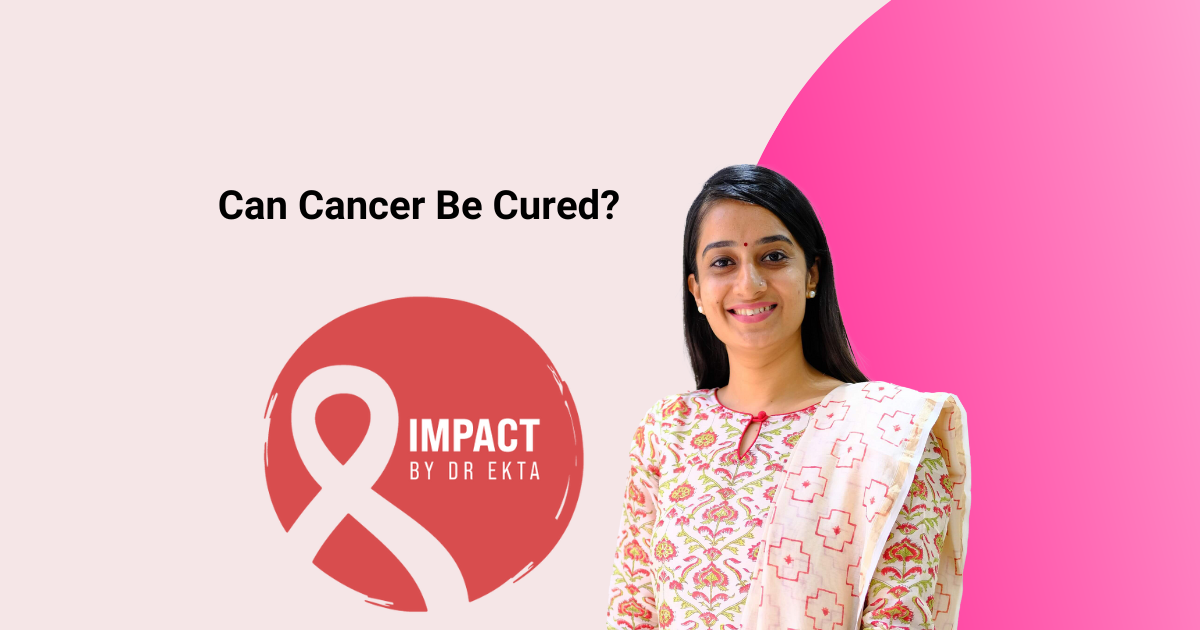One of the most common and emotional questions I hear from my patients and their families is, “Can cancer be cured?” The uncertainty surrounding a cancer diagnosis is overwhelming, and the journey can be long and challenging. However, the landscape of cancer treatment has changed dramatically over the years, offering new hope to millions.
Understanding Cancer and Its Complexity
Cancer is not a single disease but a group of diseases characterized by the uncontrolled growth of abnormal cells. Each type of cancer behaves differently, and the response to treatment varies from person to person. When discussing the possibility of a cancer cure, multiple factors must be considered:
- Type of cancer: Some cancers are more aggressive, while others respond well to treatment.
- Stage at diagnosis: Early-stage cancers have higher cure rates compared to advanced-stage cancers.
- Genetic markers: Some genetic mutations influence treatment effectiveness.
- Overall health of the patient: A patient’s immune system and overall condition affect treatment outcomes.
In some cases, we can confidently say that a patient is cured when there is no detectable disease in the body after treatment, and the risk of recurrence is low. However, not all cancers are curable, making the question “Can cancer be cured?” a complex and nuanced one.
Early Detection and Cancer Cure Rates
The earlier cancer is detected, the higher the chances of achieving a cure. Certain cancers have high survival rates when caught early, such as:
- Breast cancer, prostate cancer, and melanoma: When diagnosed at early stages, these cancers have survival rates exceeding 90%.
- Cervical cancer: Highly curable when detected through routine screenings like Pap smears.
Screening programs, genetic testing, and heightened awareness play crucial roles in improving cancer cure rates. Regular health check-ups and early intervention significantly impact treatment success.
Advances in Cancer Treatment: A Path to a Cure
The question, “Can cancer be cured?” has a more optimistic outlook today due to groundbreaking advancements in treatment. Here are some of the most effective cancer treatments available:
1. Surgery
- Best for localized tumors that have not spread.
- Minimally invasive and robotic-assisted surgeries improve precision and reduce recovery time.
2. Radiation Therapy
- Uses high-energy rays to destroy cancer cells.
- Many early-stage cancers are effectively treated using radiation alone.
3. Chemotherapy
- Traditionally associated with severe side effects, but modern regimens are more refined.
- Can lead to complete remission in some cases.
4. Immunotherapy
- Harnesses the body’s own immune system to fight cancer.
- Patients with advanced cancers are experiencing long-term remission.
5. Targeted Therapy
- Attacks specific genetic mutations in cancer cells.
- More effective and less toxic than traditional chemotherapy.
6. Personalized Medicine
- Tailors treatment based on a patient’s genetic profile.
- Increases the likelihood of a successful cure.
Cancer Cure vs. Remission: What’s the Difference?
A cancer cure means that cancer is completely eradicated and will not return. Remission, however, means that the signs and symptoms of cancer are reduced or undetectable, but there remains a possibility of recurrence.
- Complete remission: No detectable cancer cells, but monitoring continues.
- Partial remission: Cancer is reduced but still present.
Some patients remain in remission for decades and are considered functionally cured. However, oncologists remain cautious when using the term “cure”, especially for aggressive cancers.
The Role of Lifestyle in Preventing and Supporting Cancer Cure
While medical advancements play a crucial role, lifestyle choices can also influence cancer prevention and recovery.
Healthy Habits to Support Cancer Prevention and Treatment:
- Eat a nutritious diet rich in fruits, vegetables, and whole grains.
- Exercise regularly to boost immunity and reduce inflammation.
- Avoid tobacco and excessive alcohol consumption.
- Manage stress through meditation, yoga, or counseling.
- Follow medical guidelines for screenings and vaccinations.
The Future of Cancer Cure
While a universal cure for all cancers does not yet exist, ongoing research is making significant strides. Some promising advancements include:
- CAR-T Cell Therapy: Revolutionary treatment showing success in blood cancers.
- Liquid Biopsies: A non-invasive method for early cancer detection.
- AI in Oncology: Artificial intelligence is improving diagnosis and personalized treatment plans.
A Message of Hope
I have seen stories of despair turn into triumph. Many patients who were once given little hope now live fulfilling lives, thanks to medical advancements. While “Can cancer be cured?“ may not yet have a definitive “yes” for all cancers, we continue to fight, research, and innovate to bring that day closer.
If you or a loved one is facing a cancer diagnosis, seek the best possible care, stay informed, and never give up on the possibility of a cure. With the right treatment, determination, and support, there is always hope.

